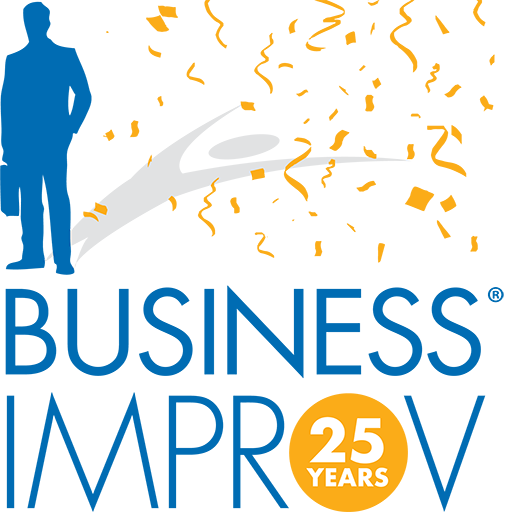
Ali Davis continues her talk with Dr. William Tseng, an internationally recognized expert in liposarcoma surgery, on how the principles of improvisation apply to his work.
Listen actively.
Maybe 90% of improv is learning to listen intensely and with focus – something the average person is less good at than they think. I spend a good chunk of my classes having people go through simple exercises such as paraphrasing what the other person just said to help train them to really focus on the other person. The benefits are huge: When the other person can tell that you’re putting effort into understanding them, they feel heard and acknowledged. They know that you’re approaching whatever the situation is in good faith.
Tseng understands how essential it is to listen to every patient. Each new patient comes to him with anxiety and a lot of questions. That’s why Tseng schedules an unusually long 60–90 minutes for the first consultation. “I need to set aside that time,” he explained. “I have to make sure their questions are answered, and that they really understand what’s going on.” Tseng asks questions of his own as a way to give patients space to talk, and to get a clear read on what their individual needs are. He even gives his direct contact information to patients after the consultation so they know that they have access if they want to ask follow-up questions. “With a cancer like liposarcoma, you have to find a balance between aggressive treatment and the patient’s overall quality of life,” he said. “You’re not going to get it right unless you really listen.” As an added bonus, Tseng’s patients go into surgery feeling safe, respected, and confident that they understand the process.
That kind of trust is invaluable, and there’s no way to build it except by really engaging. How many times have you been in a conversation in which both people were thinking about the next thing they were going to say instead of fully listening to each other? How many meetings have you been in where that’s the case? Create a culture of active listening – Perhaps conduct a meeting in which everyone has to paraphrase what was just said before speaking? – and you’ll be amazed at how much confidence you can build and how many problems you can avoid.
